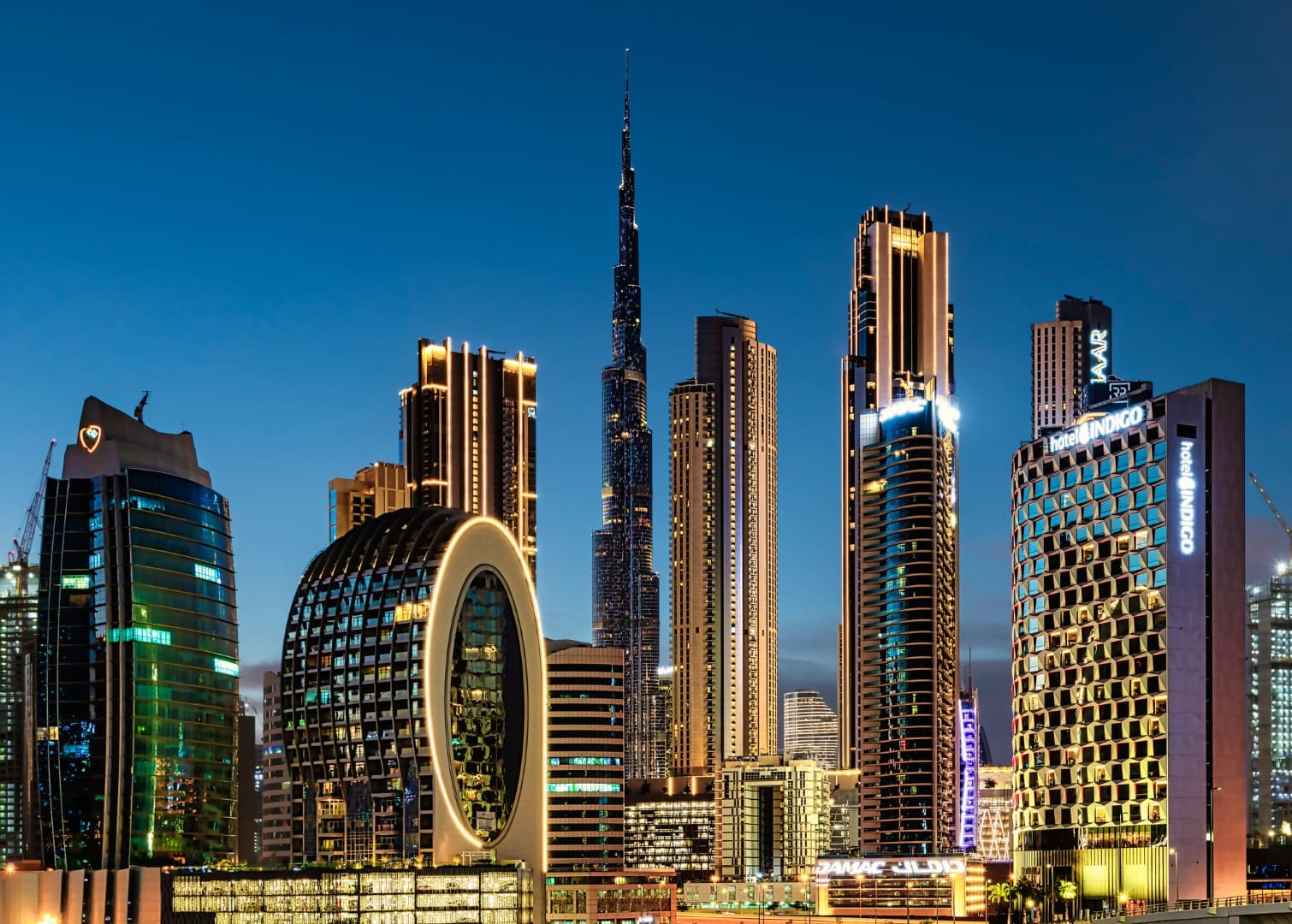Dubai Free Zones offer 100% foreign ownership, tax exemptions, and a business-friendly environment, making them ideal for growth. This article covers the key legal steps and compliance needed to establish a business there.

Understanding Business Categories and Permissible Activities
Before initiating the setup process, it’s essential to have a clear understanding of the types of business activities permitted within free zones. Free zones are typically designed to support specific industries such as technology, logistics, finance, and media. Each free zone has a defined list of permissible business activities, which can range from consulting services to heavy industrial operations.
For example, companies involved in cryptocurrency or blockchain technology might find a suitable base in Dubai Multi Commodities Centre (DMCC), which offers specific licenses for these activities. Similarly, media companies are often directed toward Dubai Media City (DMC).
Failure to align your business activities with the approved categories of a chosen free zone could lead to delays or denials in the licensing process. Therefore, conducting thorough research or consulting with legal advisors can ensure your business fits within the free zone’s framework.

1. Legal Implications of Shareholder Agreements
One often overlooked but critical aspect of establishing a business in a Dubai free zone is the formulation of a shareholder agreement. This document is essential for defining the roles, responsibilities, and rights of each shareholder within the company. It outlines key aspects such as:
- Profit-sharing mechanisms.
- Decision-making processes.
- Dispute resolution methods.
- Exit strategies for shareholders.
Even if you are the sole shareholder, having a formal agreement in place can provide a legal safeguard in case of future expansion or investment. Free zones provide templates for such agreements, but businesses are encouraged to customize them according to their specific needs.

2. Intellectual Property Protection
One of the significant legal considerations, especially for startups and companies dealing with innovation, is the protection of intellectual property (IP). Dubai offers robust IP protection frameworks, but free zones often have additional regulations tailored to their specific industries.
For example, companies in Dubai Internet City or Dubai Design District benefit from streamlined processes for registering copyrights, trademarks, and patents. These protections are vital for safeguarding your business ideas, branding, and proprietary technologies from infringement.
Ensuring your IP is registered and protected under UAE law not only secures your business assets but also boosts your credibility when dealing with clients and investors.

3. Anti-Money Laundering (AML) and Data Protection Compliance
In recent years, the UAE has introduced stringent regulations to combat financial crimes and ensure data security. Businesses operating in free zones must comply with these laws to avoid severe penalties.
Anti-Money Laundering (AML)
Companies engaging in financial transactions, such as trading or consulting services, must adhere to AML regulations. This involves implementing internal policies to detect and report suspicious activities. Some free zones, like Dubai International Financial Centre (DIFC), have specific AML compliance requirements due to their financial nature.
Data Protection and Cybersecurity
With the rise of digital businesses, data protection has become a top priority. The UAE recently enacted the Federal Data Protection Law (No. 45 of 2021), which requires businesses to ensure the confidentiality and security of personal data. Free zones often have additional frameworks, such as DIFC’s Data Protection Law, which aligns with international standards like GDPR.
Businesses must appoint data protection officers (DPOs), conduct regular audits, and establish protocols to safeguard client and company data.
4. Importance of Legal Counsel
Navigating the legal landscape of Dubai’s free zones can be complex, particularly for foreign entrepreneurs unfamiliar with UAE laws. Hiring a legal counsel experienced in free zone regulations is highly recommended. A qualified lawyer can assist with:
- Drafting and reviewing contracts.
- Ensuring compliance with labor laws.
- Handling dispute resolution.
- Advising on tax obligations and exemptions.
Legal counsel can also liaise with free zone authorities on your behalf, ensuring that all documentation and procedures are completed accurately and efficiently.
5. Impact of Beneficial Ownership Regulations (BOR)
Another critical aspect to consider is compliance with Beneficial Ownership Regulations (BOR), introduced to enhance corporate transparency. Under these regulations, businesses must disclose information about their Ultimate Beneficial Owners (UBOs) to the relevant authorities.
Failure to comply with BOR requirements can lead to fines or even suspension of business operations. Companies must maintain up-to-date records of their UBOs and notify the authorities of any changes within a specified timeframe.
Get your Business Bank Account Today!
Open your business bank account today and enjoy secure, seamless transactions, easy deposits, and smooth financial management for your business!
6. Environmental and Health Compliance
For businesses involved in manufacturing, logistics, or other industries with potential environmental impacts, compliance with environmental and health regulations is mandatory. Free zones like Jebel Ali Free Zone (JAFZA) and Dubai Industrial City enforce strict guidelines to ensure sustainable operations. These include:
- Obtaining environmental clearances.
- Complying with waste management protocols.
- Adhering to occupational health and safety standards.
Regular inspections and audits are conducted to ensure businesses meet these standards. Non-compliance can result in penalties, license revocation, or legal action.
7. Staying Ahead with Regulatory Updates
Dubai is known for its dynamic regulatory environment, which evolves to keep pace with global business trends. Businesses must stay informed about new laws and amendments to existing regulations. For instance, the recent introduction of corporate tax on profits exceeding AED 375,000 from 2023 is a significant change affecting companies in free zones.
Participating in seminars, consulting with legal advisors, and subscribing to updates from free zone authorities are effective ways to stay ahead of regulatory changes.

Common Mistakes When Registering Companies
Many new investors make common mistakes when registering companies in Dubai Free Zones. These include selecting a business activity that does not comply with the zone’s regulations, submitting incomplete documents, signing lease agreements without thorough review, and neglecting ongoing legal compliance requirements. Additionally, failing to seek advice from legal and financial consultants can lead to legal and administrative complications. Avoiding these mistakes ensures a successful and sustainable business setup.
Conclusion
Establishing a company in a Dubai free zone offers numerous advantages, but it also comes with a set of legal responsibilities. From understanding business activity classifications and securing intellectual property rights to complying with AML and data protection regulations, the legal landscape can be intricate. By thoroughly addressing these considerations, businesses can build a strong foundation and maximize the benefits offered by Dubai’s free zones.
With proper legal guidance and a proactive approach to compliance, companies can navigate these complexities efficiently, ensuring a seamless and successful journey in one of the world’s most vibrant business hubs.
Launch your business with confidence in Dubai Free Zone with Mach X, your ultimate partner for smart solutions and comprehensive support!


